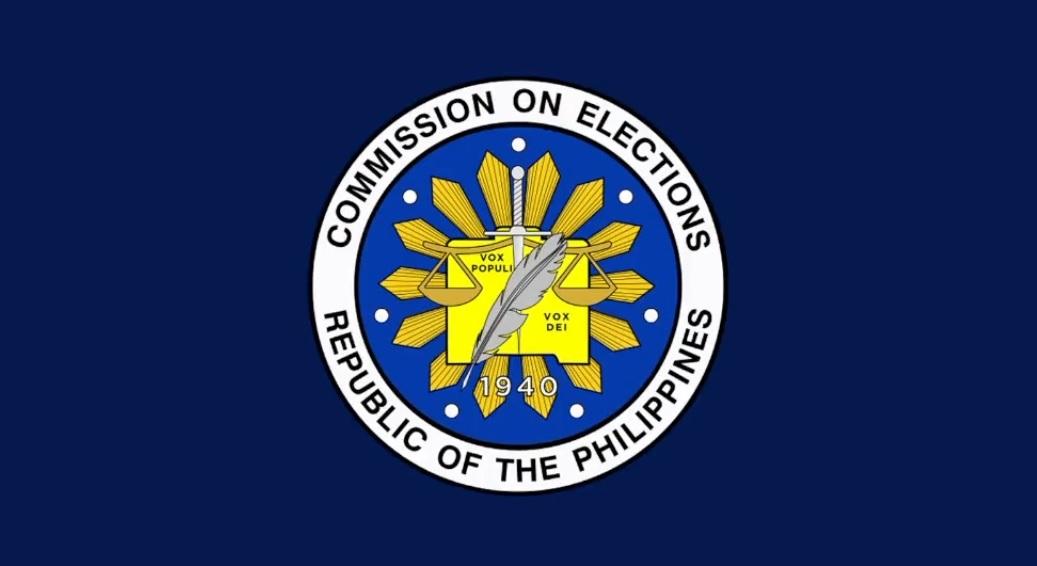Marcos Jr. says he is qualified for Eleksyon 2022 based on Constitution, EDSA Revolution

Former Senator Ferdinand "Bongbong" Marcos Jr. asked the Commission on Elections (Comelec) to dismiss the petition seeking his disqualification from Eleksyon 2022, arguing that he was qualified to run based on the 1987 Constitution and the events after the People Power Revolution which ousted his family from power in 1986.
In a memorandum filed before the Comelec in response to the petition by Christian Buenafe and others, Marcos Jr. cited Article 7, Section 2 of the Philippine Constitution which states that "no person may be elected President unless he is a natural-born citizen of the Philippines, a registered voter, able to read and write, at least forty years of age on the day of the election, and a resident of the Philippines for at least 10 years immediately preceding such election."
"The Honorable Commission may resolve this petition on the merits if, and only if, there is a prior authoritative finding that Marcos, Jr. does not possess any of the qualifications required of a president under Section 2, Article 7 of the Constitution. Otherwise stated, it is only with a prior finding where the ineligibility of Marcos, Jr. is readily apparent, that the Honorable Commission may determine whether there has been material misrepresentation in Marcos, Jr.'s certificate of candidacy (COC)," Marcos, Jr.'s memo read.
"There is no contention that Marcos, Jr. is a natural-born citizen of the Philippines, a registered voter, able to read and write, at least 40 years of age, and a resident of the Philippines for more than 10 years already. It is thus most respectfully submitted that the only recourse of the Honorable Commission is to dismiss the instant petition for lack of jurisdiction," it added.
Likewise, Marcos, Jr. cited that the 1977 Tax Code does not provide for perpetual disqualification as a penalty for violations committed by public officials and that such Tax Code was only amended to include such disqualification as penalty with a Presidential Declaration (PD) 1994 issued by Marcos Jr.'s father on January 1, 1986.
"Since PD 1994 provides for additional and greater punishments other than those obtained prior to its enactment, its provisions therefore cannot be applied to petitioner's alleged failure to file his tax returns for the years 1982 to 1984," the memo said.
"This is necessarily so since by the time PD 1994 took effect on January 1, 1986, the mandatory dates of filing of the tax returns for the years 1982 to 1984 have long lapsed, and consequently, the offenses arising therefrom have been consummated already," the memo added.
Marcos Jr.'s conviction for Tax Code violations involved his non-filing of income tax returns from 1982 to 1985, and the petitioners are arguing that he must be disqualified because the Tax Code provides that the maximum penalty prescribed for the offense of violating Tax Code for public officials and employees is dismissal from public service and perpetual disqualification from holding any public office.
The petitioners had also argued that in August 2001, Marcos Jr.'s convictions for violating Tax Code became final after the entry of a Supreme Court resolution that granted the withdrawal of his motion for an extension to file a petition for review on certiorari.
As for the failure to file an income tax return for the year 1985, the deadline of which was set April 15, 1986, Marcos Jr. claimed that the amended Tax Code could not be applied to him because of the bloodless People Power Revolution in February 1986 ousted his family from power and sent them into exile in Hawaii.
"As early as February 1986, the whole government was overthrown through a revolution dubbed as EDSA 1. Not only was Marcos, Jr. removed from government, he and his family were forced to leave the country due to exigent circumstances," the memo said.
"It took several years before Marcos, Jr. was finally able to return to the country. These circumstances, along with the overthrow of the government and the institution of a revolutionary government in its stead, undoubtedly show that well before the last day for filing of the 1985 tax returns, Marcos, Jr. was no longer a government official," the memo argued. — DVM, GMA News



